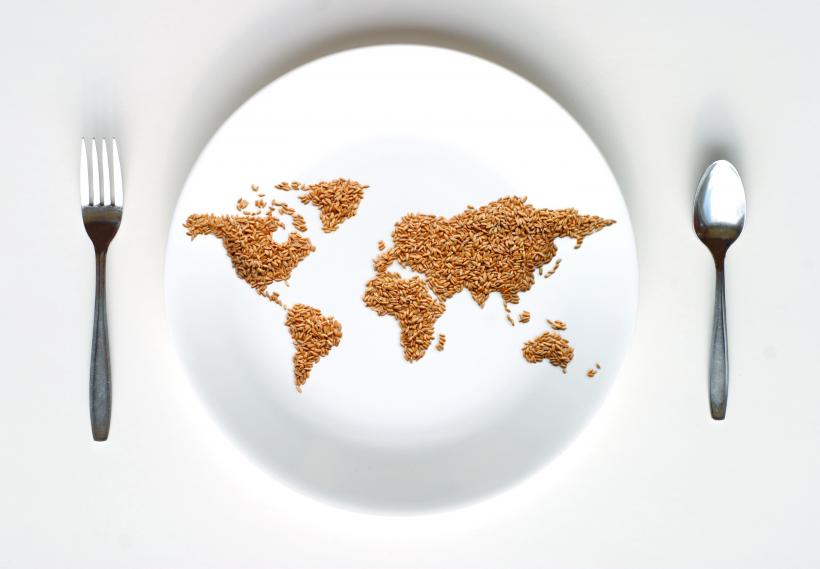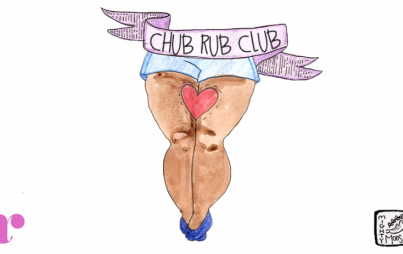
Thinkstock
Hunger is an issue so devastating and pervasive, it can feel downright daunting to tackle it. Where does one even begin when trying to address a global epidemic that annually impacts a staggering 842 million people?
In India, Manju Latha Kalanidhi has come up with a particularly elegant and powerful solution to this complex problem: invite people to donate buckets of rice to those in need as part of the "Rice Bucket Challenge"—a clever spin on the super-viral "Ice Bucket Challenge" charity phenomenon. Her efforts have since been covered by the likes of NPR, NBC News and CNN, and she recently partnered with us at Ravishly to take her fight global.
Kalanidhi's success in addressing this seemingly insurmountable challenge got us thinking: What other innovations have been developed to tackle this global crisis? Here are three more outside-the-box ideas worth celebrating.
The Hunger Project Empowers Women
Now this is some legislation we can get behind: The 73rd amendment to India's constitution reserves one-third of all seats for women. Something else we can support? In 2000, The Hunger Project shrewdly decided to leverage this female empowerment to drive social change.
Through a series of outreach and grassroots efforts, the Panchayati Raj Campaign—named after India's local democracy—has empowered more than 80,000 elected women representatives to fight hunger in their villages. The Hunger Project equips women to lead on the issue by holding Women's Leadership Workshops and academies for training, and by working closely with local media to spread awareness. Each year, for instance, it awards the Sarojini Naidu prize for the best reporting on women and the Panchayati Raj political system.
Guts Agro Industry Uses Chickpeas To Feed The Hungry
In Africa, chickpeas are—like rice in India—a ubiquitous source of national nutrition; the country produces, get this, more than 322,000 metric tons of the product annually. With support from the Feed the Future initiative, Guts Agro Industry in Ethiopia is relying on this abundant product to alleviate hunger. By grinding chickpeas into flour and mixing it with spices, it's created a nutritious, inexpensive product that provides nutritional supplementation to those in need. Better yet? To make the product, the company works with local farmer co-ops across the country.
Project Bread Connects Those In Need With Local Produce
In the U.S., CSA, aka "Community Supported Agriculture," is an alternative economic model at the crux of the burgeoning sustainable food movement. The idea is simple: Buy membership into a CSA, and receive a weekly share of fresh produce from a local farm. Project Bread, a leading anti-hunger program based in Massachusetts, has latched onto this trend to tackle poverty at a grassroots level. It provides people in need with a special pre-paid card to purchase their own weekly produce. Last year, it helped some 70 families pick up CSAs through local farmers' markets, community gardens, health centers, food co-ops and more.






